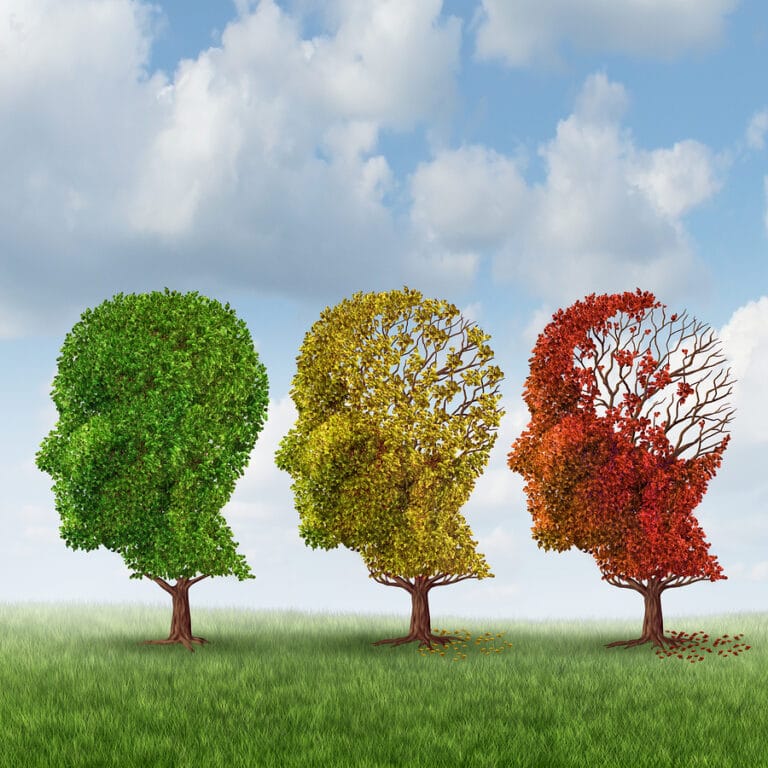There are nearly 6 million people throughout the United States who are currently living with Alzheimer’s disease. If you are a family caregiver for one of these adults, it is important to understand that though this condition affects a large percentage of the elderly population of the country, each person experiences the disease in their own way. A progressive condition, Alzheimer’s disease gradually worsens over time, and your senior will experience new challenges and symptoms as they age. There is no real way for you or your parent’s doctor to predict how quickly your parent will progress in the disease, or which specific symptoms and challenges they will experience, and when. This can make it difficult for you to plan for their future care, but not impossible. Even though each person who experiences Alzheimer’s disease will have their own personal journey, they will move through the same three basic stages. Understanding these stages can help you to better predict the challenges your parent will face, and plan for the care you will give them.

The stages of Alzheimer’s disease include:
- Early stage. Also referred to as mild Alzheimer’s, this is the stage when the symptoms of the disease first become apparent, though they are still less noticeable to those around your parent. Your senior is still independent at this stage, and may only need minor support. This is the stage when you should be making plans for the future so your parent can be as involved as possible.
- Middle stage. Also referred to as moderate Alzheimer’s, this is the stage when the symptoms of the disease become more problematic for your parent, and noticeable to those around them. Your senior will need more help at this point, though they can still maintain most of their independence for the early part of the phase.
- Late stage. Also referred to as advanced or final-stage Alzheimer’s, this is the stage when the symptoms of the disease fully take over your parent. They will no longer be able to care for themselves, and will need care and assistance 24 hours a day.
As a family caregiver caring for an elderly adult who is living with Alzheimer’s disease, your care team will be one of your most valuable resources. Having others to rely on throughout this progression is vital not just for the effectiveness of the care of your parent receives, but also for your own health and well-being. Caregiver stress could be extremely difficult, and is much more common among those who care for a senior who is living with Alzheimer’s disease. Having senior care as an element of your care approach and having access to customized care designs can help to meet your seniors needs, and also to relieve your stress and protect your health and well-being. A senior home care services provider can be with your aging parent on a customized schedule that is right for them, as well as for the care you give.
If you or an aging loved one needs senior care in Fair Oaks, CA, remember Senior Home Care Services. Call us at (916) 514-7006 for more information.
Sources
https://www.alz.org/alzheimers-dementia/facts-figures
https://www.alz.org/alzheimers-dementia/stages
https://www.alz.org/help-support/caregiving/stages-behaviors
- Why Should Seniors Consider Adding Soy to Their Diets? - April 7, 2025
- Four Ways to Celebrate Spring With Your Homebound Elderly Loved One - April 2, 2025
- How 24-Hour Home Care Can Help Your Senior Parent Live At Home - March 27, 2025


